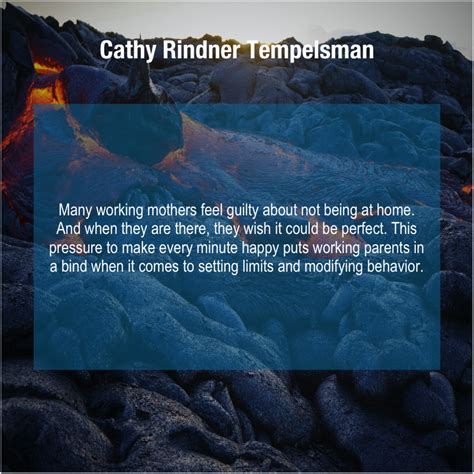A Quote by Gillian Flynn
I was not a lovable child, and I'd grown into a deeply unlovable adult. Draw a picture of my soul, and it'd be a scribble with fangs.
Related Quotes
To be in a relationship with God is to be loved purely and furiously. And a person who thinks himself unlovable cannot be in a relationship with God because he can't accept who God is; a Being that is love. We learn that we are lovable or unlovable from other people. That is why God tells us so many times to love each other.
Critics who treat adult as a term of approval, instead of as a merely descriptive term, cannot be adult themselves. To be concerned about being grown up, to admire the grown up because it is grown up, to blush at the suspicion of being childish; these things are the marks of childhood and adolescence.
I believe that maturity is not an outgrowing, but a growing up: that an adult is not a dead child, but a child who survived. I believe that all the best faculties of a mature human being exist in the child. . . that one of the most deeply human, and humane, of these faculties is the power of imagination.
I draw because words are too unpredictable. I draw because words are too limited. If you speak and write in English, or Spanish, or Chinese, or any other language, then only a certain percentage of human beings will get your meaning. But when you draw a picture everybody can understand it. If I draw a cartoon of a flower, then every man, woman, and child in the world can look at it and say, "That's a flower.
In certain circumstances where he experiments in new types of conduct by cooperating with his equals, the child is already an adult. There is an adult in every child and a child in every adult. ... There exist in the child certain attitudes and beliefs which intellectual development will more and more tend to eliminate: there are others which will acquire more and more importance. The later are not derived from the former but are partly antagonistic to them.



































